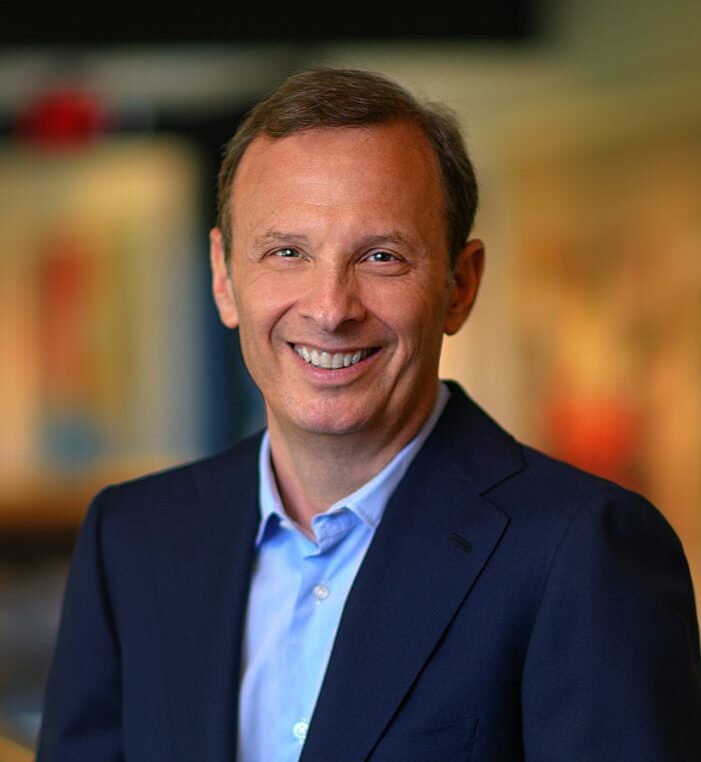
Gary Glick puts Odyssey's $218M cash stack to use, acquiring machine learning outfit
Around the same time serial entrepreneur Gary Glick was putting together his latest (and biggest yet) venture, Odyssey Therapeutics this past March, a mentee introduced him to a young London-based company working on applying machine learning to drug discovery.
Rahko, founded just three years ago by a few machine learning experts, was developing a platform right up Glick’s alley: Odyssey, as he’s conceived it, would execute on drug discovery at top speed just like IFM and Scorpion, his previous startups, but do it with a heavy dose of data science.
Unlock this article instantly by becoming a free subscriber.
You’ll get access to free articles each month, plus you can customize what newsletters get delivered to your inbox each week, including breaking news.